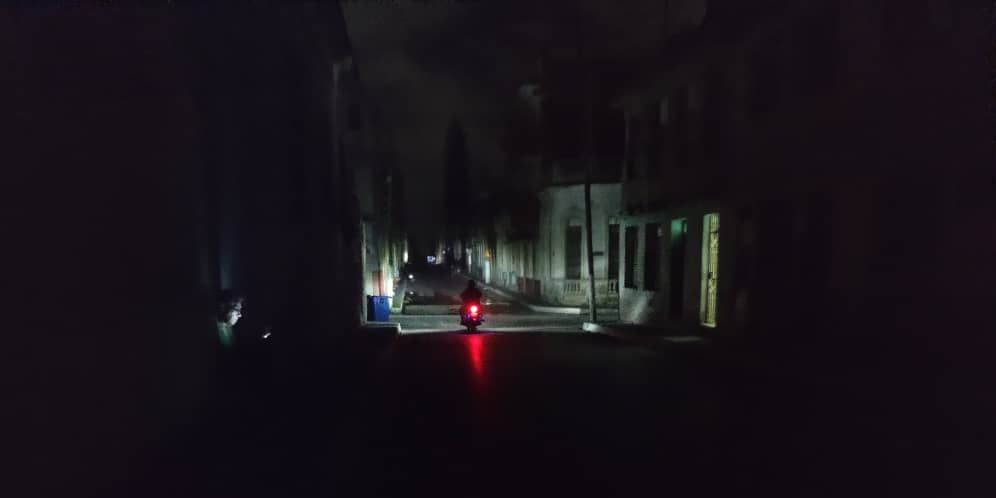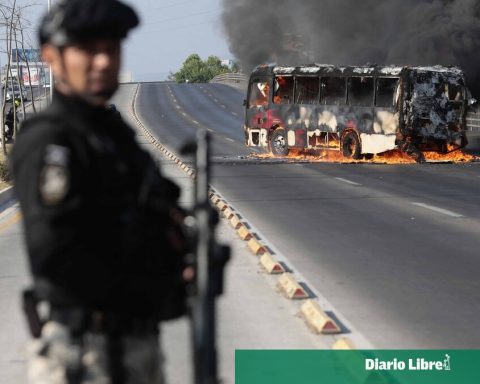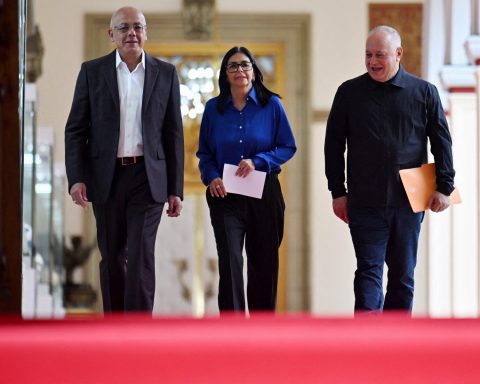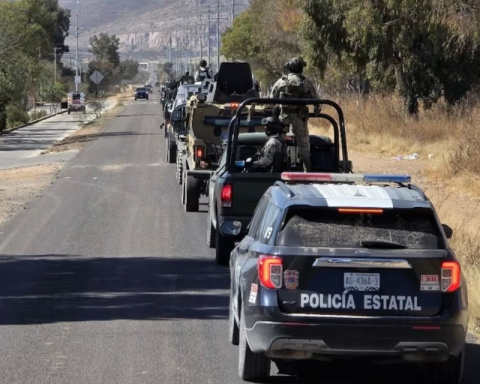D
and a few years to date, A considerable number of intellectuals close to the powers that be have claimed that the electoral defeat of the PRI in 2000 meant the end of the party-state regime and the beginning of the so-called transition to democracy
. Naming the end of the PRI’s long hegemony in this way not only intended to name a new historical period, but also to negatively value the regime of the Mexican Revolution (1940-1982) and direct political action towards a horizon of new neoliberal normality.
On the surface, this position was coherent, since at the time the defeat of the PRI upset the old political system, which, as we recall, was anti-democratic, corrupt and authoritarian. However, it is curious that these intellectuals have not shown the same interest in assessing the meaning of the end of another long era, particularly when the PRI State embraced the postulates of the free market, privatization and trade openness at the beginning of the 1980s.
On the contrary, from the 1980s to 2000, these intellectuals were critical of the PRI, but preferred to concentrate on denouncing abuses of power, embezzlement of public funds, assassinations and repression, which was all too obvious. In a well-oiled strategy of simulation, they tried to pass themselves off as implacable critics of political power; although rarely of religious power, never of media power, much less of economic power; hence their silence in the face of structural changes in the post-revolutionary State.
The genealogy of the story of the transition to democracy
It is a long one. It began to be promoted shortly after the PAN came to the Presidency and by the middle of the 2000s, it had already acquired legitimacy and popularity, mainly in magazines, newspapers, publishing houses and hegemonic institutions of that time. Its historiographical support, to put it in a very condescending way, was based on the analogy that these intellectuals established between the end of the PRI domination of almost 70 years, the end of Francoism in Spain and the fall of the so-called real socialism at the beginning of the 90s. As can be seen, two historical processes foreign to the Mexican situation.
These intellectuals, known as transitologists
they built a particular narrative, in which they argued that fundamental historical events in the memory of the Mexican left – the student movement of 1968, the massacre of June 10, 1971, the war dirty , social participation after the earthquakes of 1985 and the electoral fraud of 1988 – were the events that conditioned the defeat of the PRI in 2000 and the advent of democracy. With skillful historical interpretation, they appropriated words that represented demands directed against the corporatist PRI system, such as civil society
, autonomy
and independence
and assigned them managerial and business meanings.
However, some voices have begun to question the historical interpretation of the narrative of the so-called transition to democracy. For example, it is pointed out that there is no break with the electoral victory of the PAN in 2000, since the governments of Vicente Fox and Felipe Calderón continued the same policies as their neoliberal PRI predecessors, particularly since De la Madrid, Salinas and Zedillo. It is worth remembering that the PAN conceded Mexican banking to foreign capital, granted concessions to Canadian mining companies and allowed the entry of private capital into strategic national companies, such as Pemex and the CFE. This is regardless of the fact that Calderón unleashed the so-called war against drug trafficking, with disastrous consequences.
Therefore, if we wish to talk about ruptures in recent history, it is suggested to identify two fundamental ones: that of 1982, when the PRI State abandoned the postulates of the Mexican Revolution, and the election of 2018, when a complex and heterogeneous social coalition, led by Andrés Manuel López Obrador, won the Presidency of the Republic with broad social support.
These historical interpretations contribute to the conclusion that the so-called transition to democracy
It was an attractive middle-class, urban myth chilangocentric
It is worth taking another look at the recent past. One that recognizes that the current present is marked by a dispute between political forces that aspire to dismantle, on the one hand, the neoliberal apparatus and, on the other, prevent the old order from falling apart. This is the mark of our present time. And this is the route to follow to understand our immediate past.
* Researcher at the National Institute for Historical Studies of the Mexican Revolutions (@vivangm)















